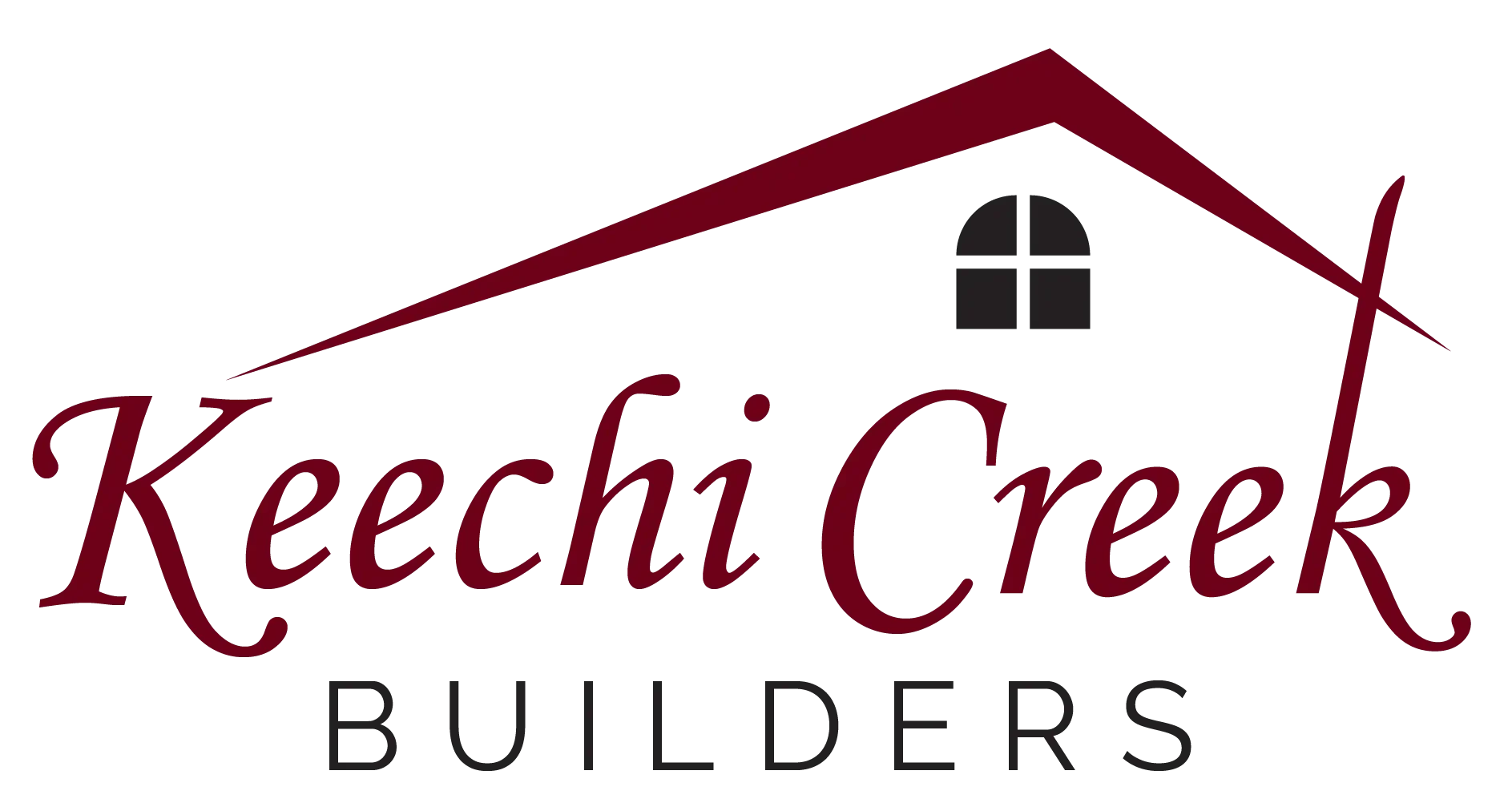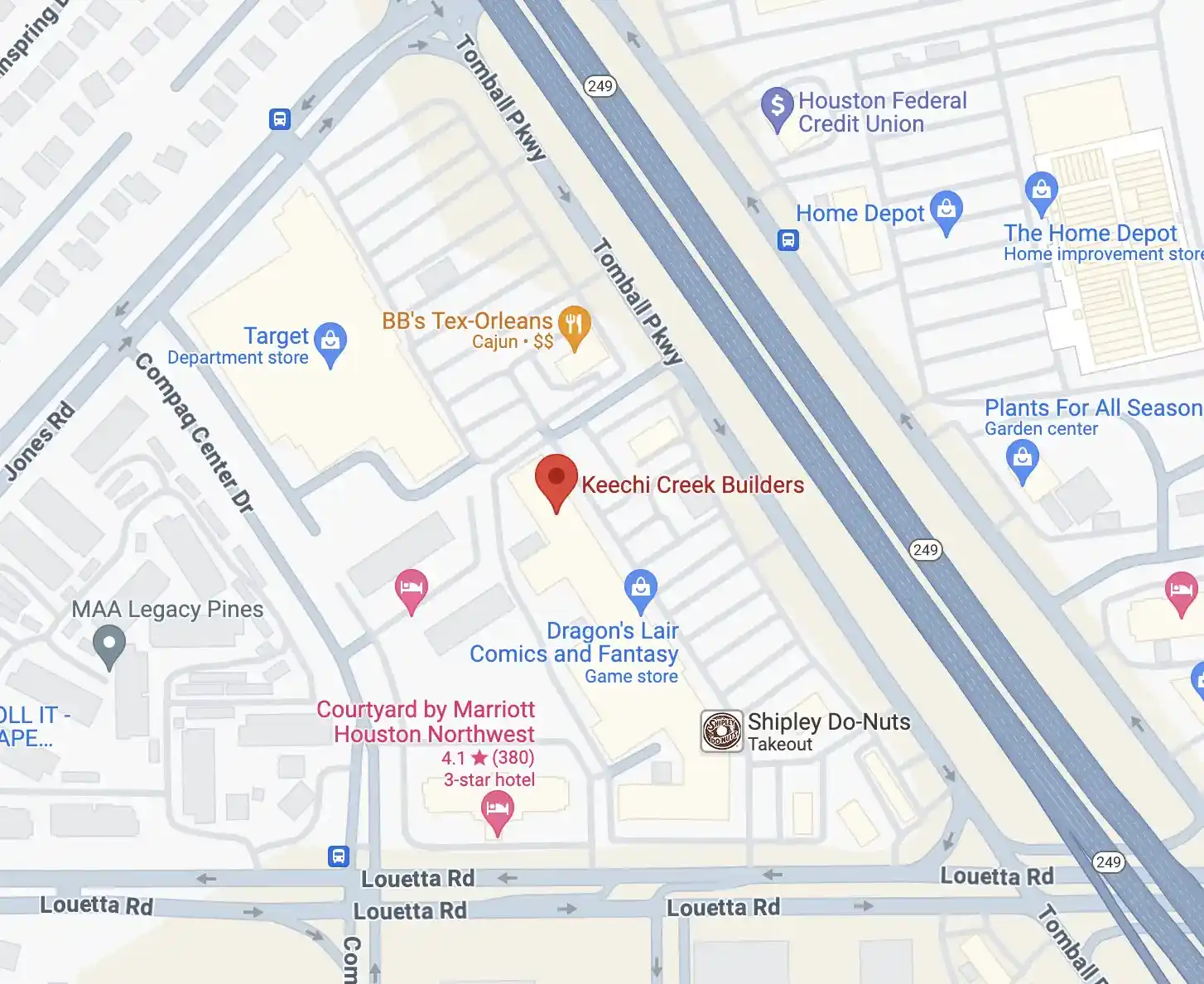Just like planning a road trip, mapping out your kitchen remodel budget requires careful thought and precision. You've got to consider the costs, the surprises, and the end goal. But how can you ensure you're doing it right? Is there a tried and true method to avoid the potholes of overspending? Let's explore the authentic strategies that can help you efficiently plan your kitchen remodel budget, keeping you on track and your wallet intact. There are more details to uncover, so let's get started.
Key Takeaways
- Prioritize needs and evaluate kitchen layout for effective space usage and material selection.
- Estimate remodel costs, balancing desired features with budget and managing unexpected expenses.
- Allocate funds wisely and set a realistic timeline for project completion, considering potential delays.
- Develop a comprehensive plan to balance functionality with aesthetic appeal, ensuring informed decisions and contingency planning.
Understanding Your Kitchen Remodel Needs
Before diving into your kitchen remodel, it's crucial to thoroughly assess your needs, pinpointing exactly what features your ideal kitchen should encapsulate. This process, aptly named 'needs prioritization,' is your first step towards a kitchen that not only looks good but works seamlessly for you. It's about identifying the non-negotiables, the elements that you can't live without. Maybe it's a spacious island for family gatherings, or a state-of-the-art oven for your baking endeavors.
Next, let's consider 'material selection'. This can be a daunting task, given the vast array of options available. From granite countertops to hardwood floors, stainless steel appliances to custom cabinetry, each choice you make contributes to the overall aesthetic and functionality of your kitchen. It's not just about picking what looks good, but also what will withstand the test of time and use.
Evaluating Current Kitchen Layout
Often, you'll find that a critical aspect of planning your kitchen remodel involves meticulously evaluating your current kitchen layout to identify what's working and what's not. This step is crucial to identify layout limitations and maximize space optimization.
Assess Layout Limitations: Consider your kitchen's current configuration. Are there areas that obstruct your flow of cooking or cleaning? Maybe the stove is too far from the prep area, causing unnecessary steps. Or perhaps the fridge is awkwardly placed, blocking a high-traffic area. By identifying these limitations, you'll be able to design a more efficient layout in your remodel.
Space Optimization: Next, analyze the use of space in your kitchen. Are there unused areas that could be transformed into useful storage? Could your counter space be extended or rearranged for better utility? These are key considerations to maximize your kitchen's potential.
Identify Keepers: Finally, recognize the elements that work well in your current layout. You might love the location of your sink or the easy access to your pantry. Keep these positive features in mind when planning your new kitchen design.
Estimating Remodel Costs
Once you've pinpointed the strengths and weaknesses of your current kitchen layout, it's crucial to put your focus on one of the most critical aspects of your remodel - estimating the costs. A comprehensive cost breakdown is the first step to understanding the financial implications of your dream kitchen. It's not just about the grand total, but understanding where each dollar goes.
Material choices play a significant role in the cost breakdown. From countertops to cabinets, each component has a range of material options, each with its own price tag. High-end materials like granite countertops or custom-made cabinets will increase your costs significantly, while choosing more budget-friendly options such as laminate countertops or ready-to-assemble cabinets can keep costs down.
Don't forget to factor in labor costs, which can often be a substantial part of your budget. Be realistic about what you can DIY and what requires professional help. Also, set aside a contingency fund, as unexpected expenses often crop up during a remodel.
Estimating remodel costs isn't about cutting corners, but about making informed decisions that balance your dream kitchen with your budget. With careful planning, you can create a stunning kitchen without breaking the bank.
Allocating Funds Wisely
Having a clear understanding of your remodel costs, it's crucial you're strategic in allocating your funds to ensure every dollar is spent wisely and effectively. Now, let's delve into three key steps you can use to manage your budget effectively:
- Identify priority areas: Understand where you want to splurge and where you can save. This will help you make informed decisions about where to allocate larger portions of your budget.
- Develop a savings strategy: This involves setting aside a particular amount regularly till you hit your budget goal. It's a great way to ensure you have the funds when you need them without straining your finances.
- Explore investment options: Look into diverse ways to grow your funds. This could be short-term investments that can give you quick returns to add to your budget.
Setting a Realistic Timeline
Just as critical as budgeting, setting a realistic timeline for your kitchen remodel can make or break the success of your project. This isn't just about marking a completion date on your calendar. It's about understanding every step of the journey, from demolition to installation, and allowing each phase its due time.
You should consider timeline flexibility, an often overlooked but vital aspect of project planning. Believe it or not, this could help you avoid stress when inevitable delays occur. It's about accepting the fact that remodeling isn't an exact science. Unexpected issues can pop up that'll require additional time to resolve. So, give yourself a buffer.
Equally important is project pacing. It's tempting to rush through the process, but that's a one-way ticket to mistakes and oversights. Instead, pace your project. Take your time in choosing the right materials, appliances, and finishes. Be methodical with your decisions, and don't rush the contractors. The more time they have, the better the craftsmanship.
In the end, setting a realistic timeline is about balance. Balance between your desire for a new kitchen and the reality of the task at hand. You'll thank yourself later when your dream kitchen becomes a reality, without unnecessary stress or hasty decisions.
Managing Unexpected Expenses
When it comes to remodeling, unexpected expenses can sneak up on you like a crafty fox, turning an otherwise well-planned budget upside down. You've got to be ready for these cunning costs and manage them effectively. This is where contingency planning comes into play.
Identify Potential Surprises: Be aware that hidden problems such as rotten wood or outdated wiring may surface during the remodeling process. These aren't always visible at the outset and can impact your budget greatly.
Establish an Emergency Fund: Make this a part of your initial budgeting. Set aside a certain percentage, usually 10-20%, of your total budget for such unforeseen expenses. This emergency fund will act like a safety net, catching those crafty fox-like costs.
Monitor and Adjust: This is an ongoing process. Keep a close eye on your expenses and adjust your plans accordingly. If you're spending more on unexpected costs, you may need to cut back on other areas.
Frequently Asked Questions
What Should I Consider When Choosing Appliances for My Remodeled Kitchen?
Consider appliance functionality and design compatibility. You've to ensure they'll meet your cooking needs and blend with your kitchen's design. Don't just go for looks, practicality's also essential in a remodeled kitchen.
How Can I Incorporate Sustainable and Eco-Friendly Materials Into My Kitchen Remodel?
You can incorporate sustainability into your kitchen remodel by choosing green countertops made from recycled materials. Also, consider recycled backsplashes, they're eco-friendly and add a unique, creative touch to your kitchen's overall design.
Are There Any Specific Permits or Approvals Needed for Kitchen Remodeling?
Yes, you'll need permits for kitchen remodeling. Permit costs vary by location and project scope. Check your local codes for specifics. Remember, approvals can take time, so factor that into your remodel timeline.
How Can I Maintain My Daily Kitchen Activities During the Remodeling Process?
To maintain kitchen activities during remodeling, you'll need a temporary kitchen setup. Consider meal planning too. Think portable appliances and easy-prep meals. It's a bit of a juggle, but you'll manage with some creativity.
How Can I Ensure That the Kitchen Remodel Enhances the Overall Value of My Home?
You'll want to focus on value-boosting additions that have proven remodeling ROI. Consider updates that are popular, energy-efficient, or timeless, ensuring your kitchen remodel enhances your home's overall value and attracts potential buyers.

